First published on October 26, 2022 • Last updated on October 26, 2022
This page may contain affiliate links; if you purchase through them,
we may receive a small commission at no extra cost to you.
Arriving at the jungle lodge in the territory of the Huaorani is an experience in itself. It’s necessary to travel with three modes of transportation, land based car or bus from Quito to Shell, air travel in a small prop airplane from Shell to a small community in the jungle, and via river by canoe to the lodge itself.
At the end of the day, the trip is actually very fast considering that the cultural distance is so very vast.
Since the writing of this short article, the Huaorani Lodge has closed for business. The people of this area had to make a choice between income from tourism or from oil exploration. They chose the latter. There is hope that at some later time, their land may re-open to tourism.
We left behind many comforts that Americans take for granted, like hot water showers and connectivity to the world wide web. We left sidewalks for muddy trails, paved roads for river passage, a car for a canoe, a tarmac runway for a grass strip, and a sitting room with couch and comfy chair for hammocks swinging on front porches.
For a mere 5 days, we lived without many of the things we are used too and, the truth is, we didn’t miss a single one. Well, we missed hot water showers but by late afternoon we were so sweaty and hot from hiking that a tepid shower felt refreshing in comparison!
We learned that if we were to live here that we would give up much more. Laundry would be washed in the river, we could never pick up a phone to call a loved one, foods we enjoy would have to come in by plane or by boat or not at all, and a basic European education would depend on the arrival of a teacher from a place far away and only if the government could find one willing to travel so far.
But we could walk for miles in the jungle and never cross the same territory twice. We could see toucans and butterflies, tanagers and grasshoppers, frogs and spiders, and maybe, just maybe, catch a glimpse of some monkeys or tapir or an otter-like animal called a Cabeza de Mate or Tayra. Like most choices in life, living here would come with it’s ups and downs. But the difference between ourselves and many of the Huaorani is that we do have choices and they do not. At the very least, their choices are limited by access to money and power.
Our time spent among the Huaorani was eye-opening and transformational. Years later, as I am updating this article and see how little I actually wrote about this day, I realize how much I needed to process this journey.
I have fond memories of our guide, Bae, and the many Huaorani who made our trip possible. I have less positive memories of our Quito tour guide and the agency that facilitated our trip. Perhaps the best day was our next to last one – when we spent the afternoon with the Huaorani community of Apaika, dancing and singing, learning just enough about their traditions to realize that there is so much more to understand.
What I do know is that this trip set me on a different path. After seeing this imperfect community tourism program, it made me want to do better, as a consumer of travel, as a tourist, and as a human being.
I have the Huaorani to thank for helping me see a new path to becoming a better ancestor.
This article was originally published on September 14, 2014. It has been updated to include my current thoughts on this journey.






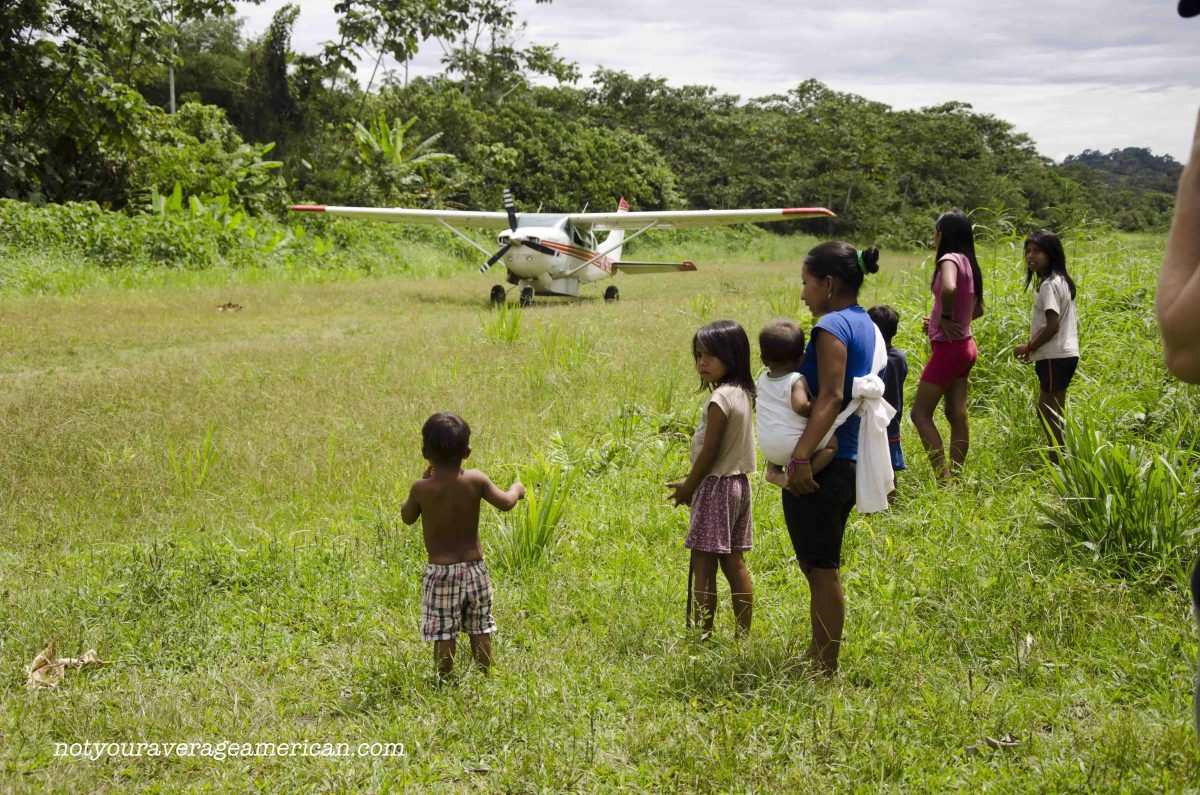


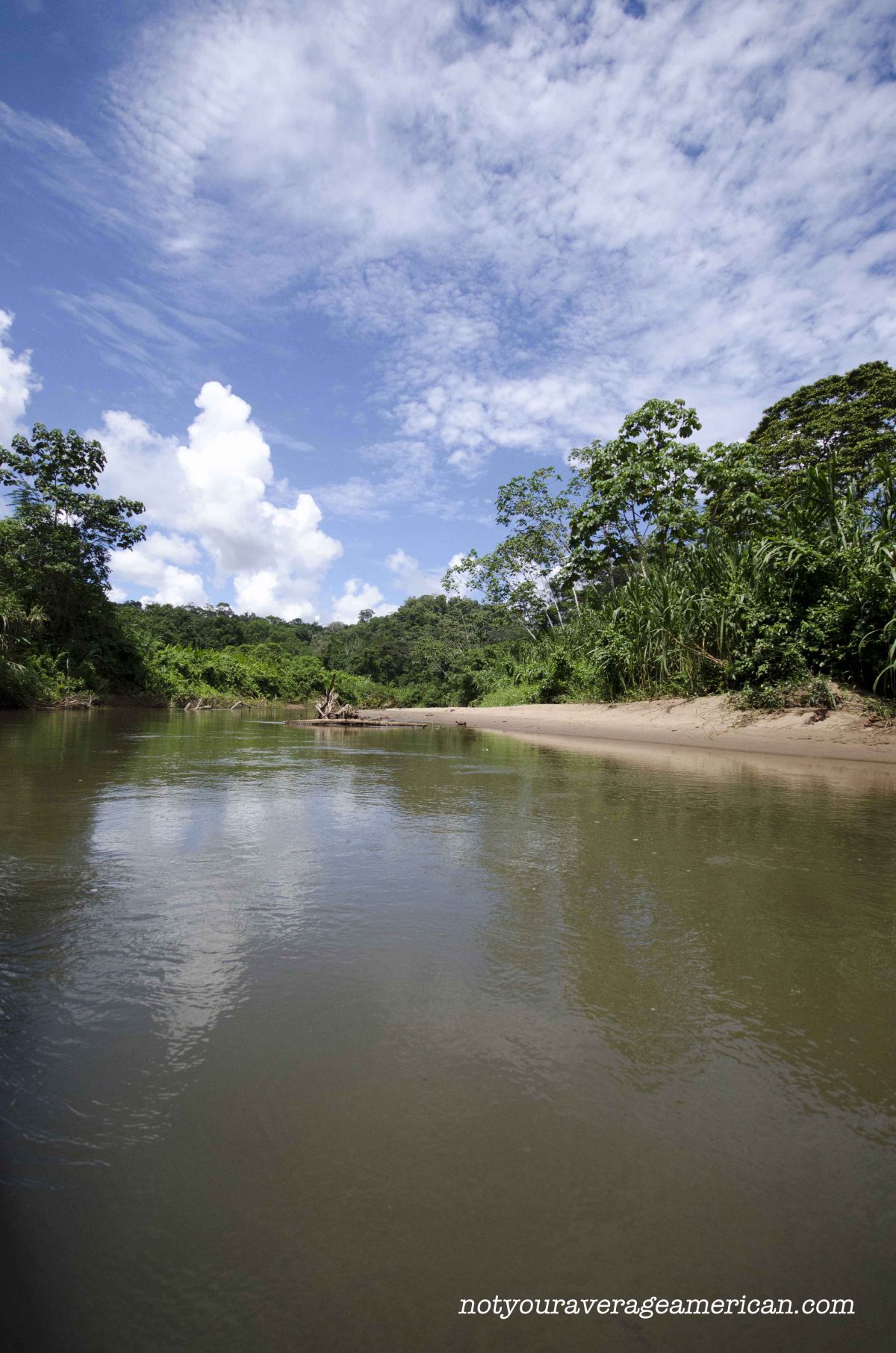


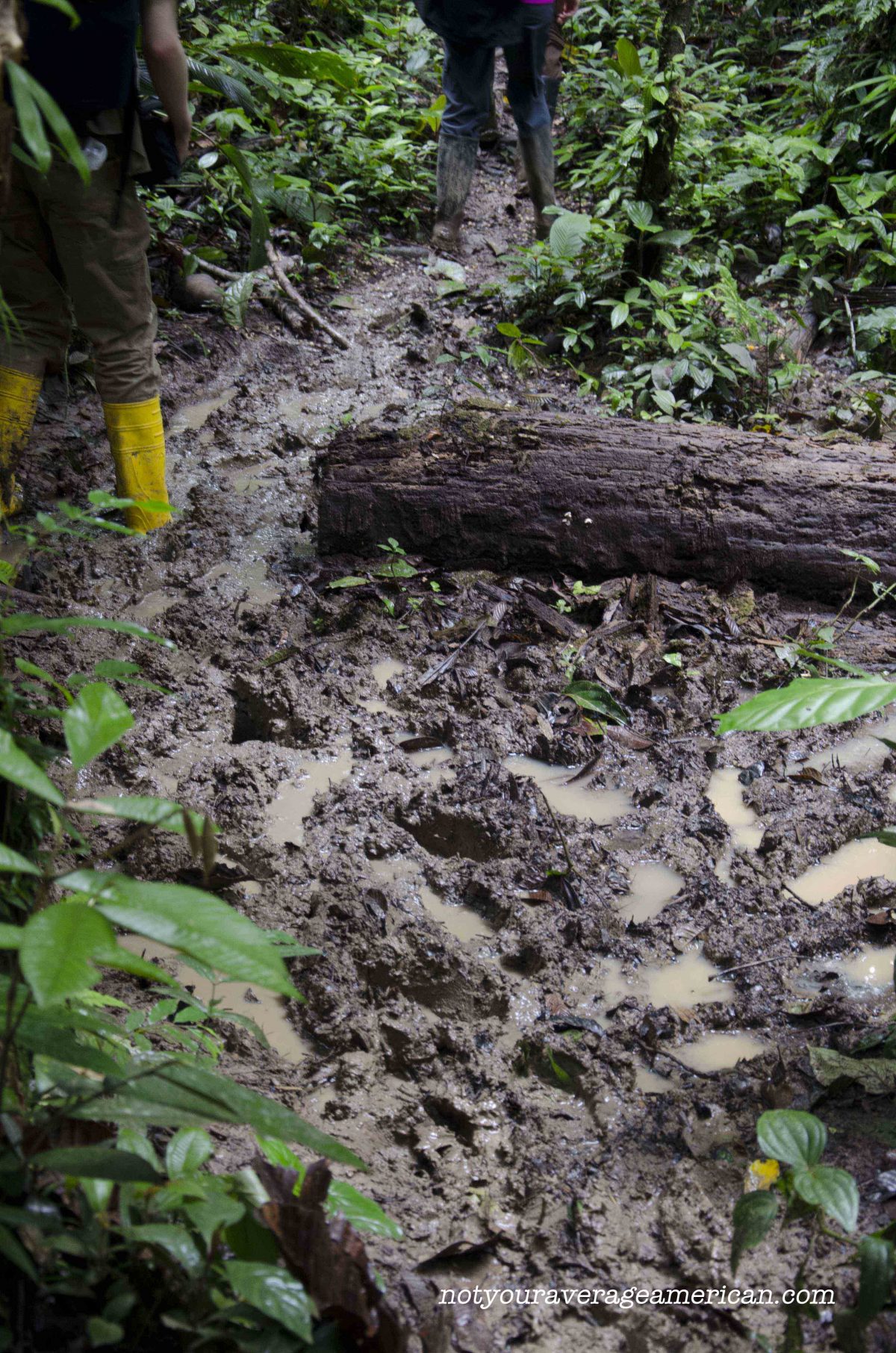
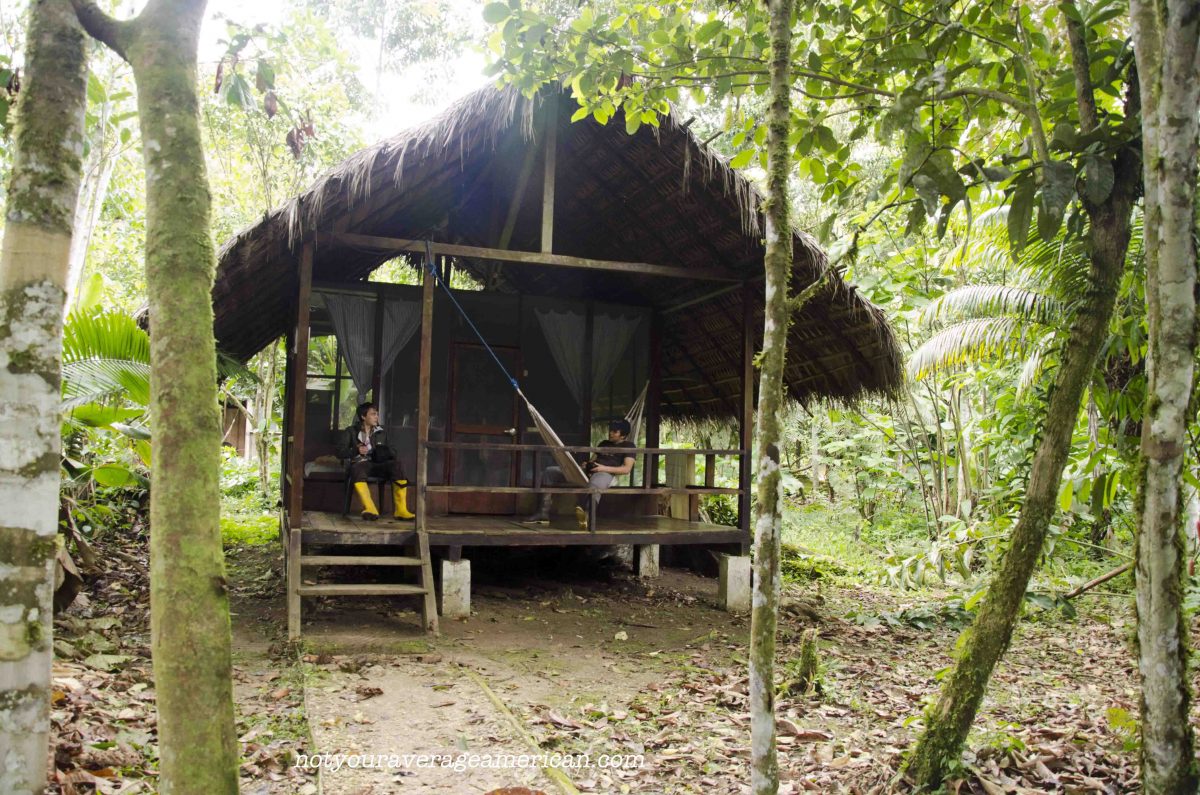

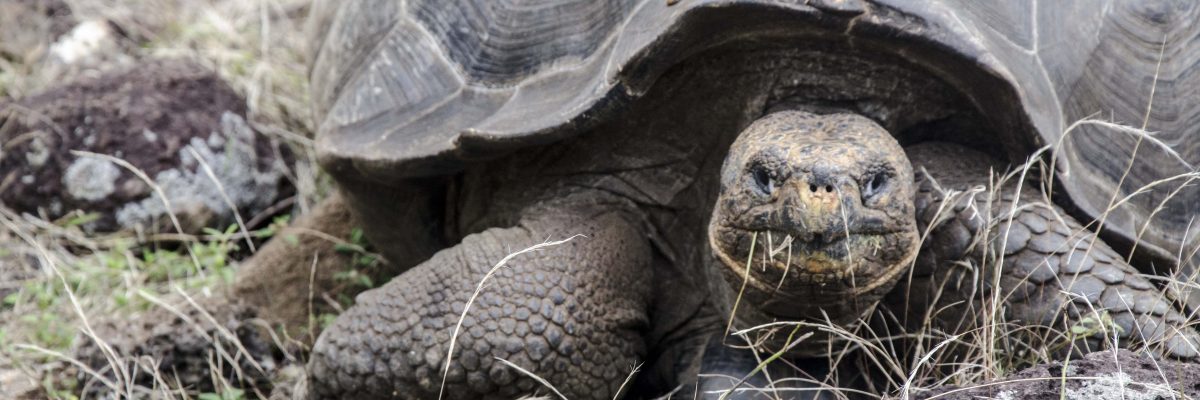
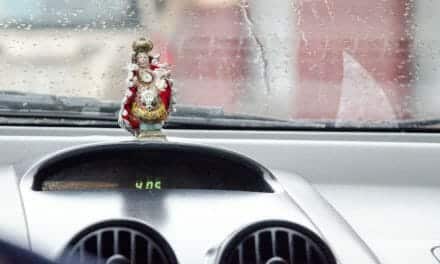
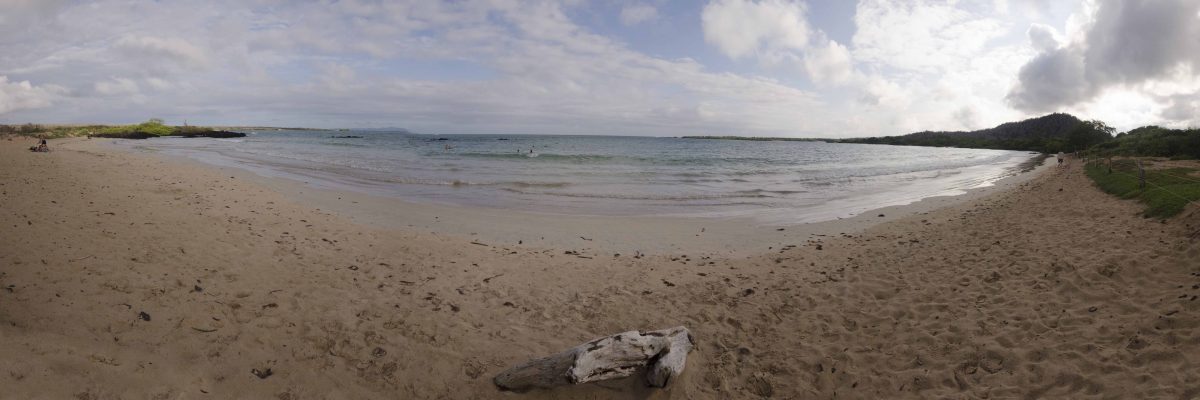

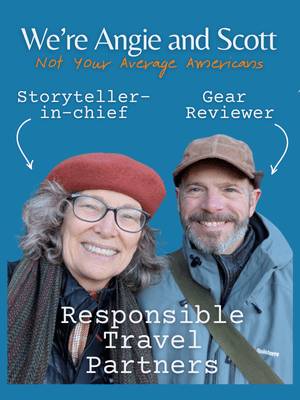
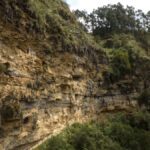
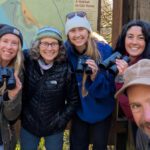

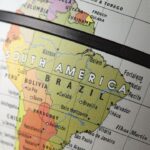
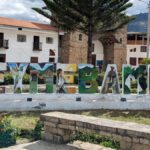
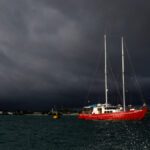
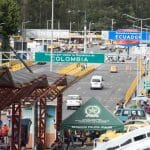
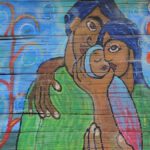
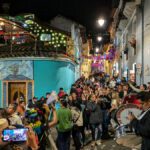
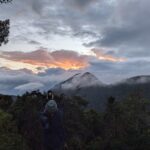






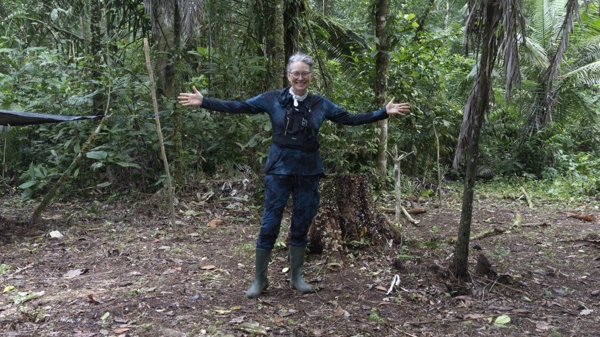
What an insightful experience. So glad both boys were with you!
Ann
Me too! Have lots more to write about the experience. We took more photos than you can possibly imagine!
How did you arrange this trip, Ang? It looks amazing.
Internet research, emails back and forth with the company in Quito, and then it all came together. The process of researching these trips is intensive and one of my “projects” is to make it easier for people to match a jungle trip with their preferred tourism style.